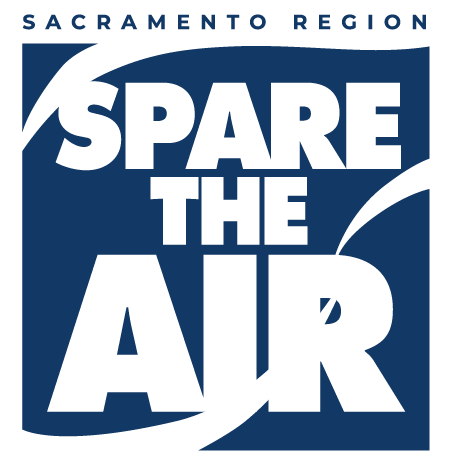01 Sep AQI: A Quick Investigation of the Air Quality Index
The AQI is the U.S. EPA’s standard metric used to communicate levels of air pollution. There are various forms of air pollution considered in the AQI. However, ground level ozone, or “smog,” is the primary air pollutant during hot summer months. Smog is typically caused by vehicle emissions. It is formed when volatile organic compounds (VOCs) and oxides of nitrogen (NOxs) created from these emissions combine with the sun’s powerful UV rays.
As the AQI increases, it indicates higher levels of air pollution. High levels of air pollution are linked to increased risk of negative health effects. Therefore, when determining whether to participate in outdoor activities, it is important to refer to the AQI chart:
An AQI of 101-150 is considered unhealthy for sensitive groups, and those who fall in that category should limit strenuous activities outdoors when the AQI is at this level. When the AQI is forecast to reach 126 or higher, a Spare The Air day is called and individuals are encouraged to drive less to help reduce smog. When the AQI is considered unhealthy for sensitive groups, pregnant women, young children whose lungs are still developing, seniors, and those with cardiovascular or pulmonary conditions are more likely to be affected than others, but air pollution affects everyone!
We all can do our part to reduce the negative impacts of air pollution and help Spare The Air, including:
Stay informed – Check current conditions near you on the Spare The Air website before heading outdoors.
Protect Your Health – On days when the AQI reaches unhealthy or very unhealthy levels, it is best to limit outdoor activities to reduce the risk of negative health impacts from high air pollution. Move outdoor activities inside or move them to the early morning when air pollution levels are lower.
Reduce Your Driving – Smog is primarily caused by vehicle emissions. To reduce air pollution, avoid unnecessary driving on days with poor air quality. Telework if you can and keep some indoor activities such as board games around to help kids stay entertained. If you can’t stay home, do your best to group errands into one trip to save on gas or take transit to help reduce emissions and Spare The Air!










